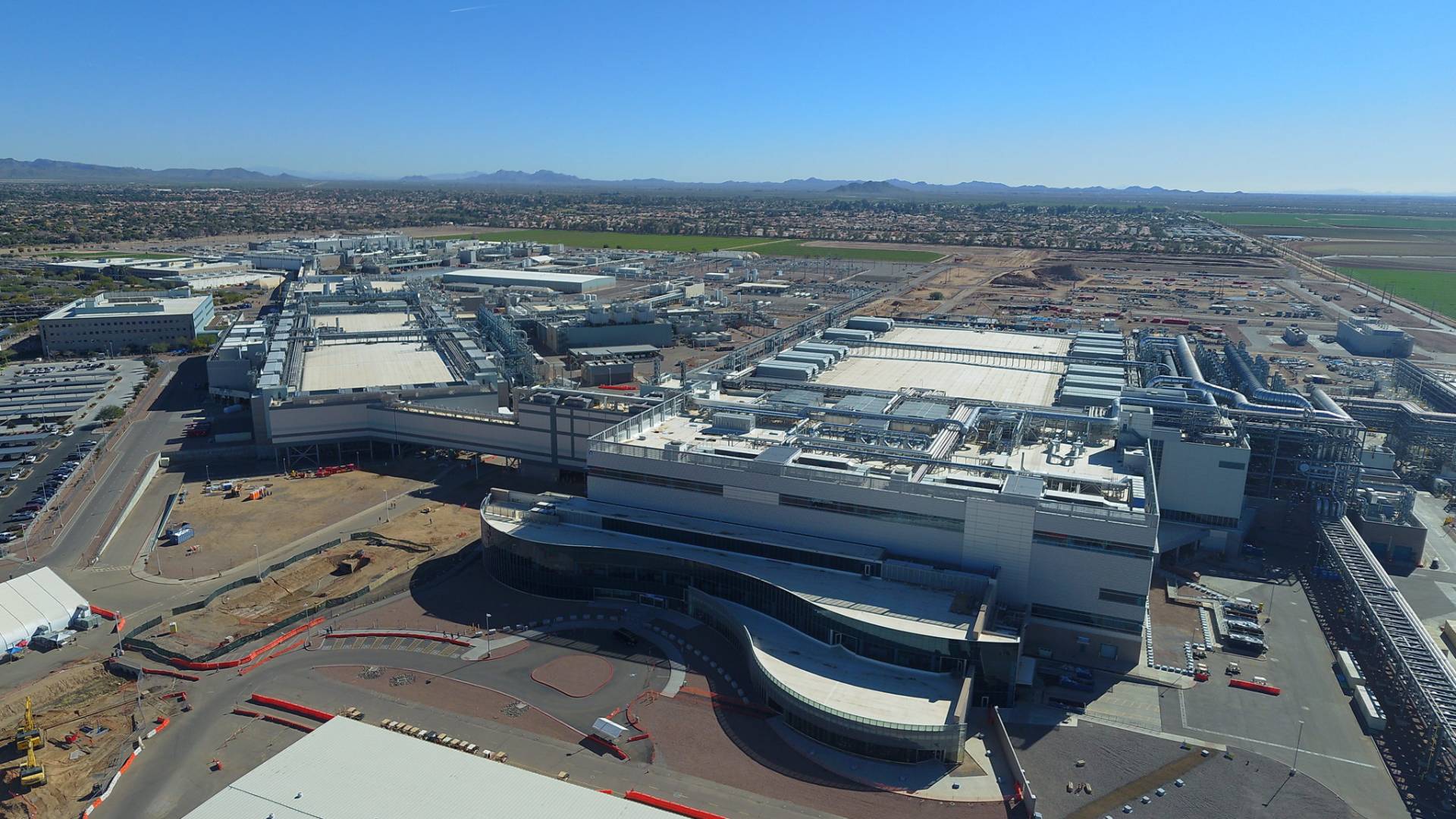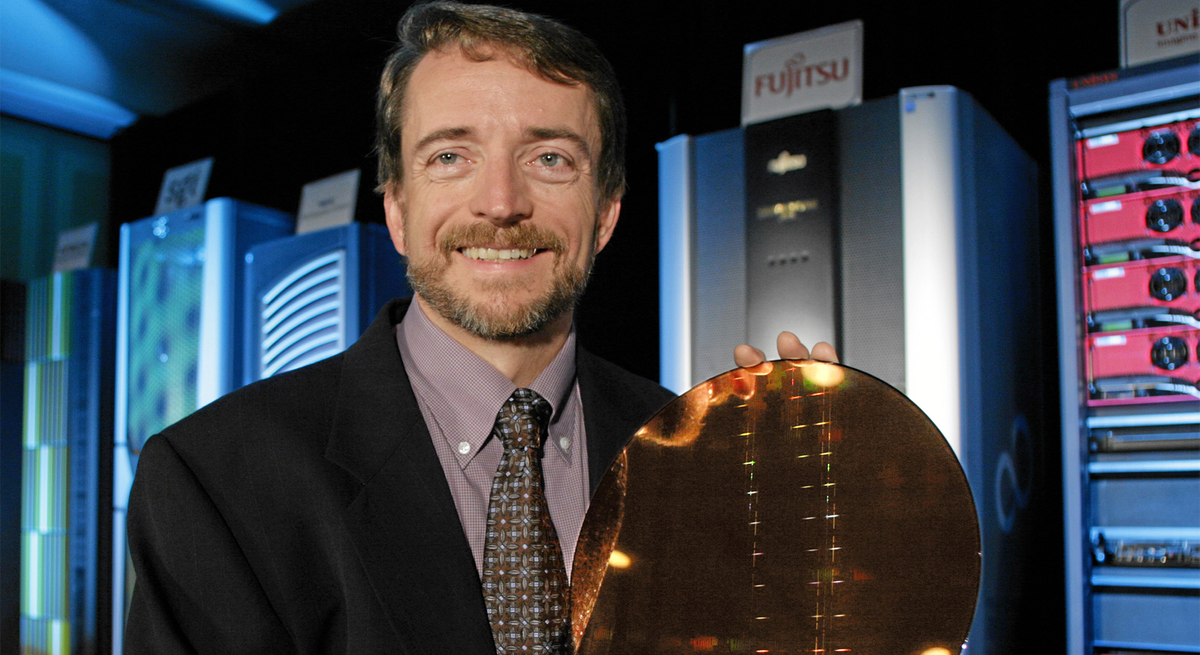I'm not surprised....

 www.intel.com
www.intel.com
What’s New: The U.S. Department of Defense, through the NSTXL consortium-based S2MARTS OTA, has awarded Intel an agreement to provide commercial foundry services in the first phase of its multi-phase Rapid Assured Microelectronics Prototypes - Commercial (RAMP-C) program. The RAMP-C program was created to facilitate the use of a U.S.-based commercial semiconductor foundry ecosystem to fabricate the assured leading-edge custom and integrated circuits and commercial products required for critical Department of Defense systems. Intel Foundry Services, Intel’s dedicated foundry business launched this year, will lead the work.
“One of the most profound lessons of the past year is the strategic importance of semiconductors, and the value to the United States of having a strong domestic semiconductor industry. Intel is the sole American company both designing and manufacturing logic semiconductors at the leading edge of technology. When we launched Intel Foundry Services earlier this year, we were excited to have the opportunity to make our capabilities available to a wider range of partners, including in the U.S. government, and it is great to see that potential being fulfilled through programs like RAMP-C.”
–Pat Gelsinger, Intel CEO
How It Works: Intel Foundry Services will partner with industry leaders, including IBM, Cadence, Synopsys and others, to support the U.S. government’s needs for designing and manufacturing assured integrated circuits by establishing and demonstrating a semiconductor IP ecosystem to develop and fabricate test chips on Intel 18A, Intel’s most advanced process technology.
“The RAMP-C program will enable both commercial foundry customers and the Department of Defense to take advantage of Intel’s significant investments in leading-edge process technologies,” said Randhir Thakur, Intel Foundry Services president. “Along with our customers and ecosystem partners, including IBM, Cadence, Synopsys and others, we will help bolster the domestic semiconductor supply chain and ensure the United States maintains leadership in both R&D and advanced manufacturing. We look forward to a long-term collaboration with the U.S. government as we deliver RAMP-C program milestones.”
Intel recently announced plans to become a major provider of U.S.-based capacity for foundry customers, including an investment of approximately $20 billion to build two new factories in Arizona. These fabs will provide committed capacity for foundry customers and support expanding requirements for Intel products.
Why It’s Important: The U.S. Department of Defense (DOD) has recently sought to diversify its approach to securing advanced microprocessors by leveraging commercially available technologies developed by U.S. companies. Other than Intel, the majority of U.S.-based chip designers are fabless, which means they design and sell integrated circuits that are fabricated by contract manufacturers called foundries. Today, more than 80 percent of leading-edge manufacturing capacity is concentrated in Asia1, leaving the DOD with limited onshore access to foundry technology capable of meeting the country’s long-term needs for secure microelectronics. The RAMP-C program was created to facilitate the use of a commercially viable onshore foundry ecosystem that will ensure DOD access to leading-edge technology, while allowing the defense industrial base to leverage the benefits of high-volume semiconductor manufacturing and design infrastructure of commercial partners like Intel.

Intel Wins US Government Project to Develop Leading-Edge Foundry...
Intel Foundry Services will lead the first phase of the U.S. Department of Defense’s RAMP-C program to establish a domestic commercial foundry infrastructure.



